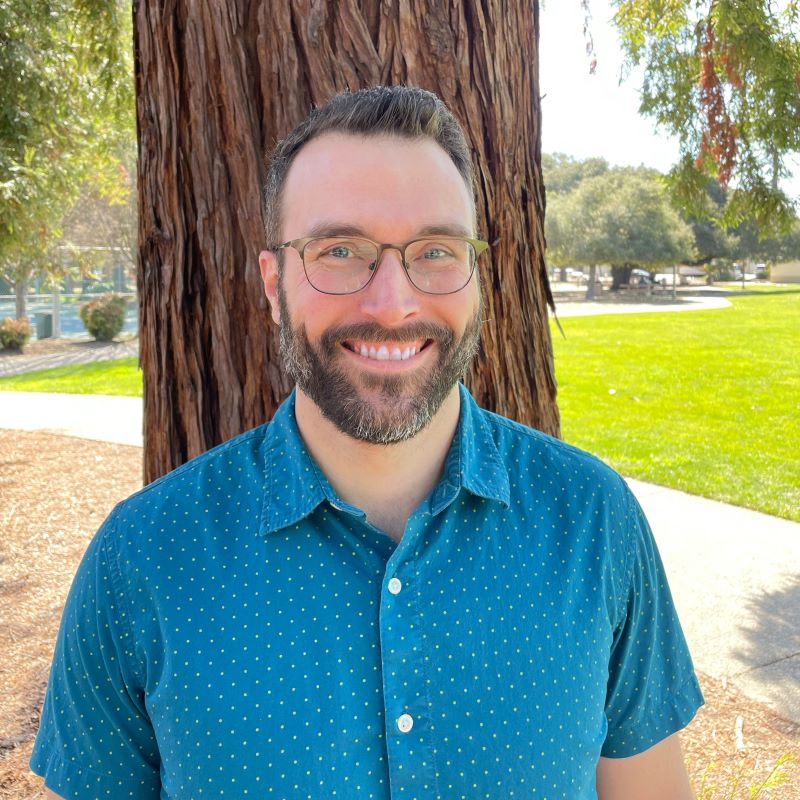Tag: Plant Hosts
-

Bryan Swingle
Bryan is a Research Molecular Biologist in the Emerging Pests and Pathogens Research program at the Robert W. Holley Center for Agriculture & Health. View his USDA-ARS profile. -

CIHMID SPOTLIGHT: The Hendry Lab
There are diverse areas of study across CIHMID’s member labs, but our PIs are unified in their commitment to science. CIHMID will periodically shine a spotlight on an individual lab to highlight the people behind the work. These are their stories. Dr. Tory Hendry Assistant Professor, Department of Microbiology CIHMID URE Director CIHMID MFF […]
-

Protected: CIHMID SPOTLIGHT: The Huberman Lab
There is no excerpt because this is a protected post.
-

Microbial Friends & Foes application portal opens Dec. 1!
More information about the program and a link to the application can be found HERE: https://cihmid.cornell.edu/…/mff-reu/ The application portal for the Microbial Friends & Foes Research Experience for Undergraduates will be open from Dec. 1 through Feb. 1, 2025. Please note that, due to the nature of our funding, the program can only accept U.S. […]
-

Lucas Nell
Lucas studies how populations and communities are shaped by interacting ecological and evolutionary dynamics that play out across space. Given the conceptual breadth of questions that interest him, Lucas uses a range of approaches (e.g., theory, experiments, population genomics) and systems (e.g., insect host–parasitoid, microbial[...] -

Melanie Filiatrault
We focus our research efforts on discovery and molecular characterization of bacterial factors involved in bacterial-plant interactions, with particular interests in bacterial signaling systems and small non-coding RNAs. Another area of research is the development of new management strategies for bacterial pathogens. We use a[...] -

Joshua Kerkaert
Josh’s interest in fungal biology started while earning a BS in Microbiology at the University of Minnesota where he did research on the human fungal pathogens Cryptococcus neoformans and Blastomyces dermatitidis in the Nielsen lab at the University of Minnesota. Josh went on to pursue a Ph.D. in[...] -

Anthony Hay
The Hay lab uses methods from microbial ecology, physiology, genomics, and genetics to understand how human activities affect microbes in diverse environmental settings. For instance, we study how handling of milk collection kits affects the microbiome of pumped human milk. Students will use genomics to[...] -

CIHMID Summer Symposium
REGISTER HERE: https://forms.gle/Svk6ToJ9vrNK4iRV7 CIHMID is pleased to announce our annual Summer Research Symposium to be held on Thursday July 11, 2024. The Symposium will be held in Stocking Hall on the Ithaca campus and will a full day of research presentations from members of our community. A call for submitted abstracts will be released […]
-

CIHMID/CCFI Postdoc Travel Grants
The Cornell Center for Immunology (CCFI) and Cornell Institute of Host-Microbe Interactions and Disease (CIHMID) are pleased to offer support to postdoctoral researchers who plan to attend scientific conferences during the 2022-2023 calendar years. CCFI and CIHMID will provide host labs up to $500 (total) to cover conference costs (registration, travel) for any postdoctoral researcher in […]
